CFD Resource Hub
The CFD Resource Hub is a go-to space for practical, evidence-informed tools, guides and frameworks in health professions education. Designed to evolve with our community, it supports continued growth in Teaching, Leadership, Scholarship and Advocacy.
Please use the search bar or filter box below to refine your results.
